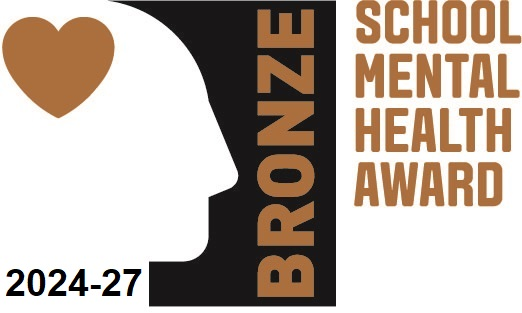Pupil Premium
What is Pupil Premium?
Introduced in 2011, the Pupil Premium is a sum of money given to schools each year by the Government to improve the attainment of disadvantaged children.
This is based on research showing that children from low income families perform less well at school than their peers. Often, children who are entitled to Pupil Premium face challenges such as poor language and communication skills, lack of confidence and issues with attendance and punctuality. The Pupil Premium is intended to directly benefit the children who are eligible, helping to narrow the gap between them and their classmates.
The Pupil Premium grant is in addition to the main school budget and is calculated according to the number of children who eligible for Free School Meals (or who have been eligible at any time in the last 6 years) plus the number of children who are 'looked after' (i.e. who are, or have been, in local authority care).
Is my child eligible for Pupil Premium?
Prior to April 2018, children qualified for free school meals – and accordingly pupil premium – if you received any of the following benefits:
- Income support
- Income-based jobseekers’ allowance
- Income-related employment and support allowance
- Support under Part IV of the Immigration and Asylum Act 1999
- The guaranteed element of state pension credit
- Child tax credit, provided that you were not also entitled to working tax credit and had an annual gross income of £16,190 or less.
These benefits have now been rolled into a single benefit, called Universal Credit. From April 2018, free school meals and pupil premium will only be allocated to pupils with a family income under £7,400 per year (after tax and not including any benefits you get).
To find out if you are eligible, please contact the school office.
How is it spent?
Support and interventions are put in place on an individual basis, according to need. Provision arrangements are such that each pupil may have access to more than one intervention at any time.
The grant may also be used to subsidise trips, residential visits and extra-curricular clubs; or to provide additional resources to enhance learning.








